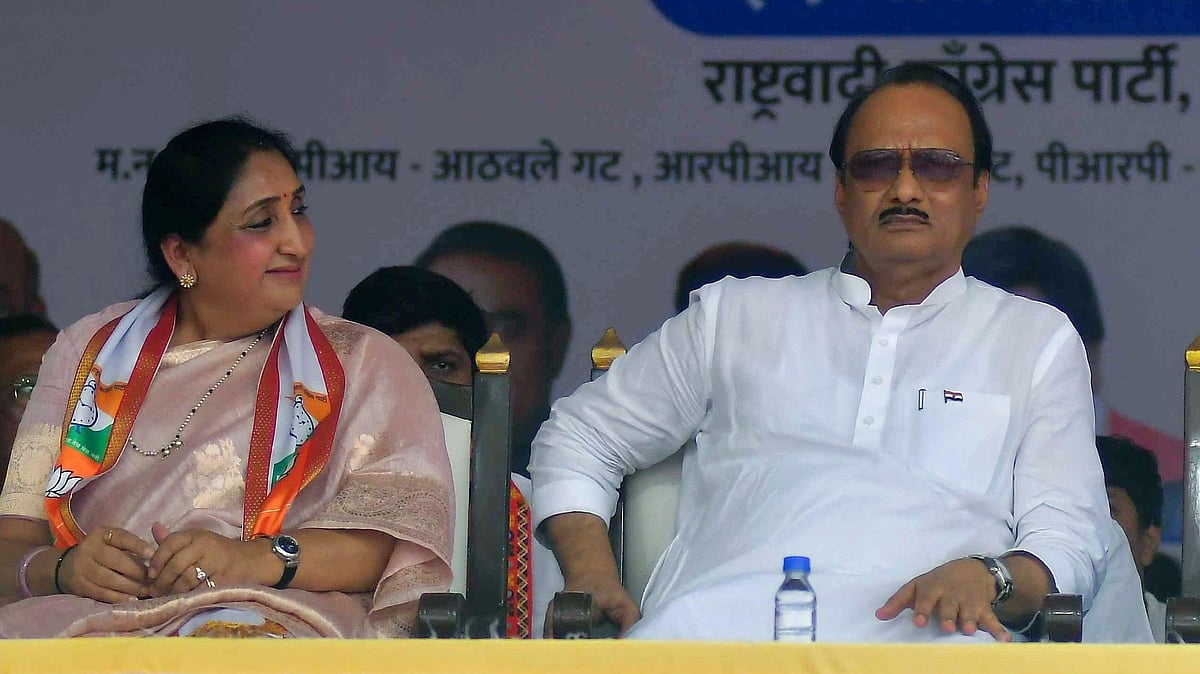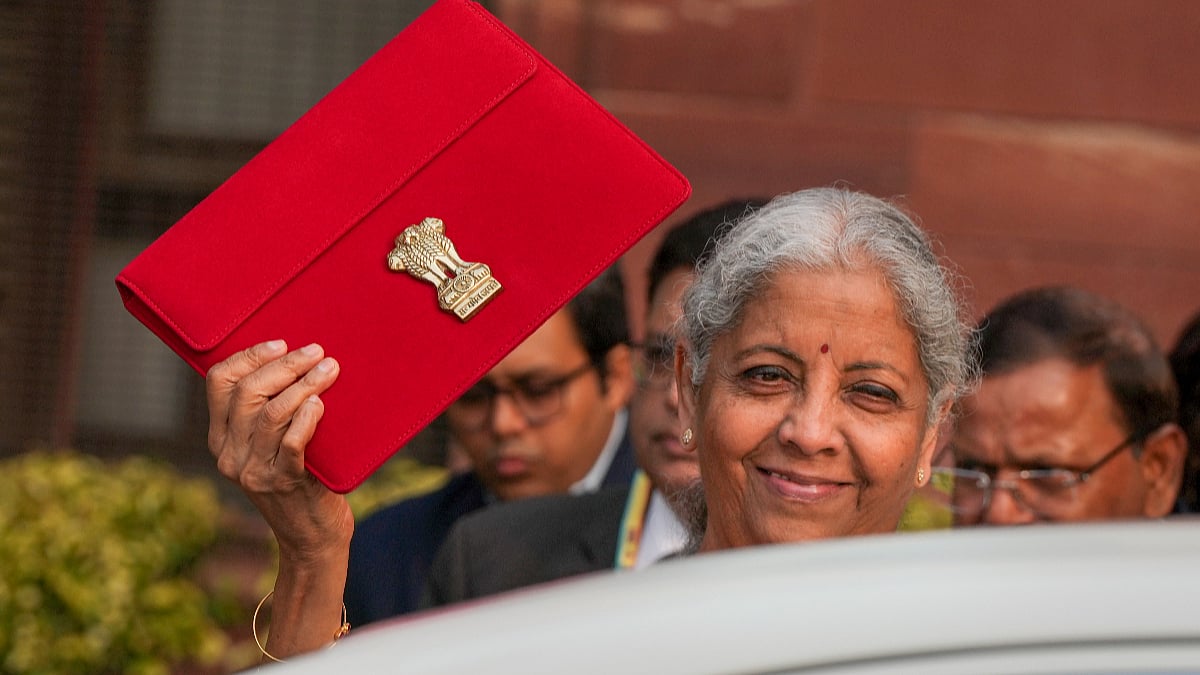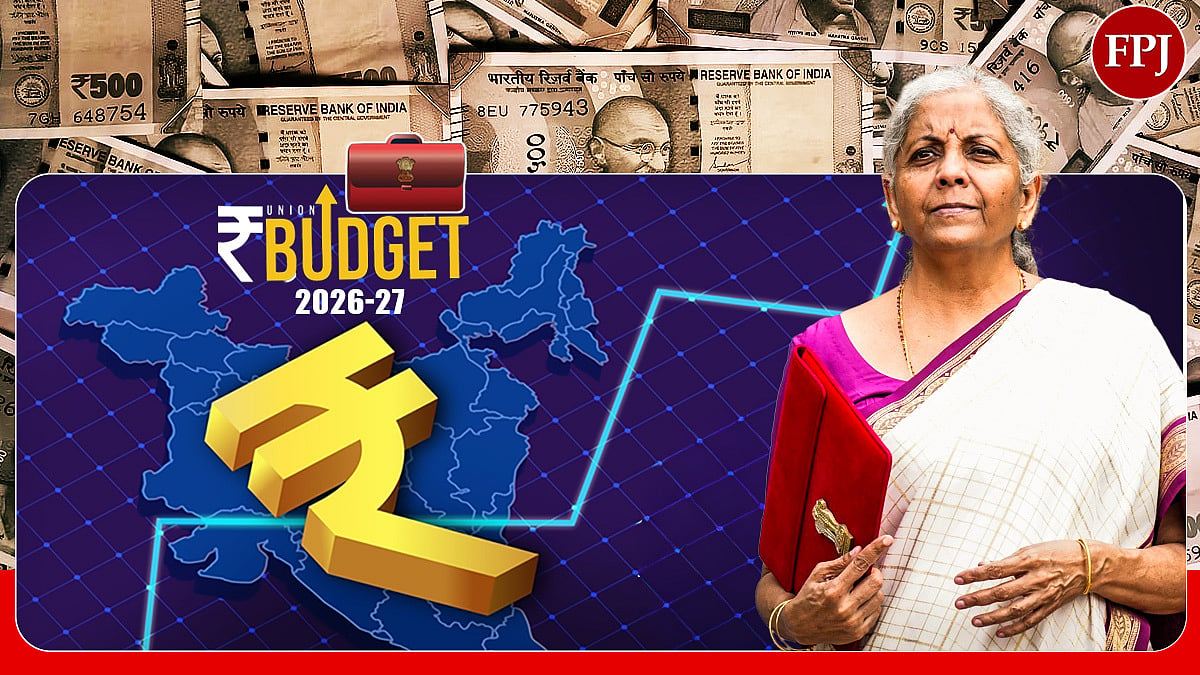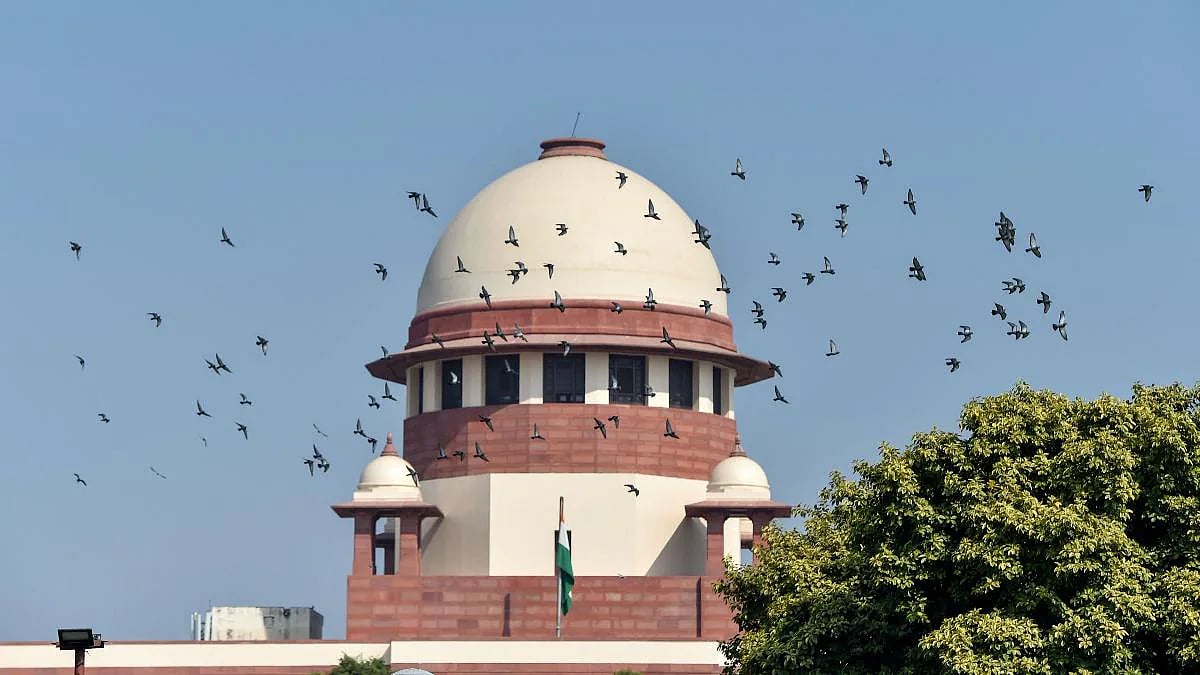When Arvind Kejriwal formed his government four years ago, many called it a boys’ club due to the lack of female representation in the Cabinet. It’s a quirk of fate that, as the government’s term nears completion in February, it will be headed by Atishi Singh, the third woman to reach the position after Sheila Dixit of the Congress and Sushma Swaraj of the BJP. She is virtually a greenhorn in politics, being a first-time Assembly member. She started her career as an advisor to then-Deputy Chief Minister Manish Sisodia, earning a monthly salary of Re 1. She won accolades for what the Aam Aadmi Party calls the “transformation” of government school education in the state. For the first time, there was a reverse flow of students from private schools to the government-run “schools of excellence” the government started. However, she had to leave her advisory position for reasons beyond her control.

Though she didn’t join the Cabinet immediately after winning from Kalkaji, Atishi became Sisodia’s successor when he was jailed, as she was deemed the most capable to take over his education portfolio. She quickly became close to Chief Minister Arvind Kejriwal also. When Kejriwal was arrested and sent to jail, Atishi emerged as the face of the Aam Aadmi Party government, taking charge of 14 departments. It was a challenging time, as the Cabinet couldn’t meet without the chief minister, delaying important decisions. She also had to maintain party unity to prevent the BJP from encroaching on their political ground. In short, she became Kejriwal’s natural successor, leading even a majority of the party MLAs to choose her for the post.
Atishi Singh’s main task now is to hold the chief minister’s seat for Kejriwal until he can return to office, depending on the outcome of elections due later this year. Kejriwal is currently on bail and unable to perform his duties as CM, such as going to his office, meeting colleagues, or signing files. Having a trusted person like Atishi in charge was his only option. She now faces the heavy responsibility of stabilising the government and ensuring the party’s victory with an even greater margin. Moreover, she must also protect herself against political threats, as powerful figures may use Central agencies to find fault with her, bring her down and, as is often the case, send her to jail.










